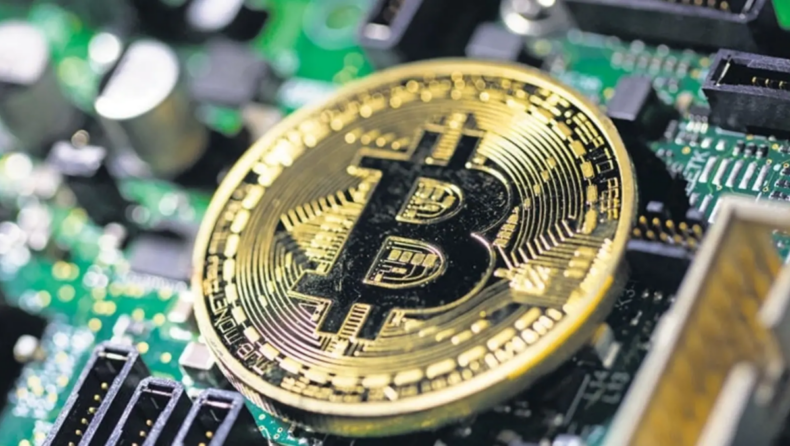Cryptocurrency India, You might be surprised to learn that India has the biggest number of cryptocurrency proprietors in the world, which is a fact you might not have known before.
The National Association of Software and Services Companies (NASSCOM), in partnership with WazirX, developed a study based on research detailing the enormous development in the Crypto-Tech business in India.
What has been discovered through research?
According to the report, Indians are expected to invest approximately 241 million dollars in the cryptocurrency business over the next ten years, as per the research.
The Reserve Bank of India is developing a strategy for implementing a digital rupee in light of this projection.
The best feature about digital money is that it is available for purchase and sale 24 hours a day, seven days a week. The Digital rupee may be purchased and sold at any time.
Digital asset categorization
The Indian government’s proposed budget for the fiscal year 2022-2024 was ambiguous as to whether a digital asset should be classified as money, security, or a commodity.
In an uncertain environment, virtual digital assets should be treated as capital assets when they are bought by taxpayers to invest.
Capital assets are defined as any property owned by a person, regardless of whether or not the property is related to the individual’s vocation, as defined by the Income Tax Act.
Your property can have any definition, and the extent of its application has not been restricted by this section:
There are three sorts of digital assets that are particularly important:
- Capital Gains and Losses
- Profit from a business
- Income from a variety of sources
How India’s digital asset taxation system operated—a historical examination
2013:
The Reserve Bank of India issued cautionary warnings to cryptocurrency holders, informing them of the possible financial, operational, and safety risks associated with the dealings of digital assets.
2017:
The Reserve Bank of India and the Ministry of Finance of India have both cautioned that cryptocurrencies are illegal currencies. In addition, a PIL was filed in the Supreme Court challenging the prohibition on the sale and purchase of cryptocurrencies.
2019:
The Indian government has enacted a bill that would officially prohibit the use of bitcoin. According to the official digital currency legislative act, all operations associated with cryptocurrencies, including the sale, acquisition, holding, and mining, will be outlawed completely.
2020:
Banks and financial organizations were granted access to banking facilities that were used in the transaction of cryptographic assets, according to the ruling.
2022:
Taxes on digital assets were included in the budget bill offered by the finance ministry, which included a modification to the Income-tax Act.
Conclusion
The Government of India has not proposed any legislation to oversee, regulate, or prohibit the trading of Digital Assets in the country.
As a result, an inference may be drawn that does not include the use of unlawful digital assets or the establishment of a cryptocurrency trade in India. Well! Not only does India levy taxes on digital currencies, but on other countries as well.
The Reserve Bank of India recently announced the launch of “The Digital Rupee,” which is India’s first central bank virtual currency initiative.
The Reserve Bank of India would be the sole proprietor and guarantor of this fresh new Indian digital money, which will be issued shortly.
Following the Revenue-Tax Statute, the notion of taxing digital assets was unconstitutional; consequently, the Government of India, following the passage of a modification to the act, has begun levying tax on the income derived from digital assets as of April 1, 2022.
Edited by – Vanshika Sahu
Published by – Mohd Faizan













